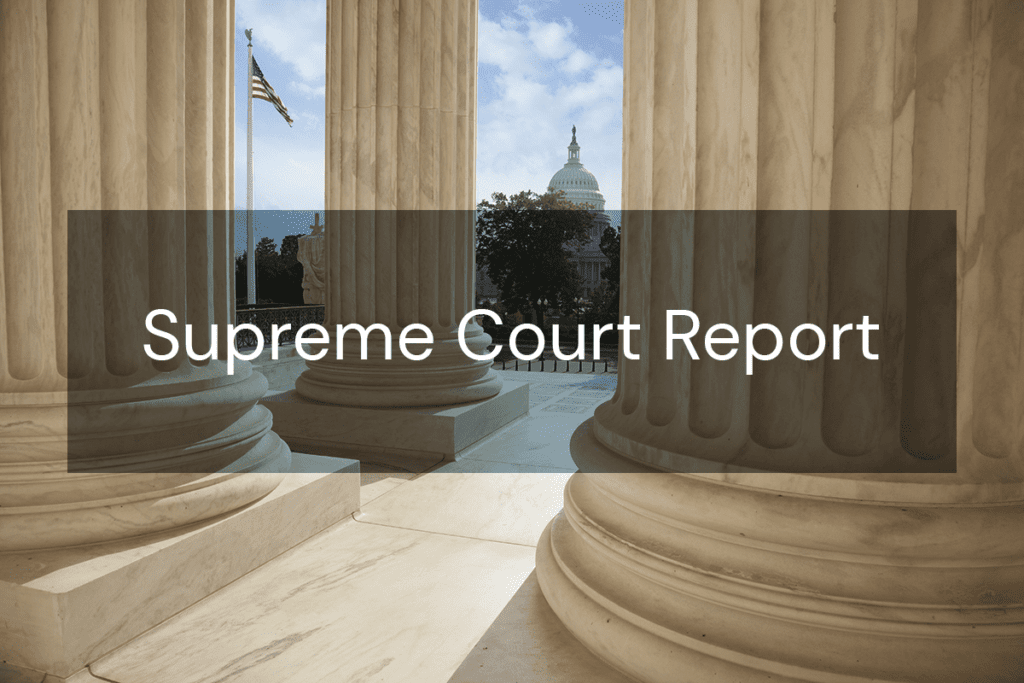United States Supreme Court decisions directly affect attorney general offices’ ability to enforce state laws and defend government officials’ conduct. Attorney general offices therefore play an active role before the Supreme Court. Collectively, they are the second most active litigant before the Court, behind only the U.S. government.
Two issues relevant to many cases brought before the Court by state attorneys general are:
- Federalism is the division of power between the federal government and state governments. State governments sometimes attempt to enforce constitutional limits on federal power by challenging federal laws.
- Preemption occurs when federal and state laws conflict, resulting in federal law displacing state law.
Learn how NAAG supports the attorneys general in their Supreme Court work.
Supreme Court 101
Attorney general offices are increasingly represented before the Supreme Court by solicitors general, who head their offices’ appellate practices. More than 40 states and territories have a solicitor general.
Attorney general offices handle a wide array of issues before the Supreme Court, including:
- Criminal procedure (Fourth Amendment, Miranda, ineffective assistance of counsel, etc.)
- Habeas corpus
- Capital punishment
- Constitutional challenges to state laws and actions (Free Speech Clause, Establishment Clause; Cruel and Unusual Punishments Clause; Takings Clause; Commerce Clause; etc.)
- Constitutional challenges by states to federal laws and regulations
- Interpretation of federal statutes
- Preemption of state laws



